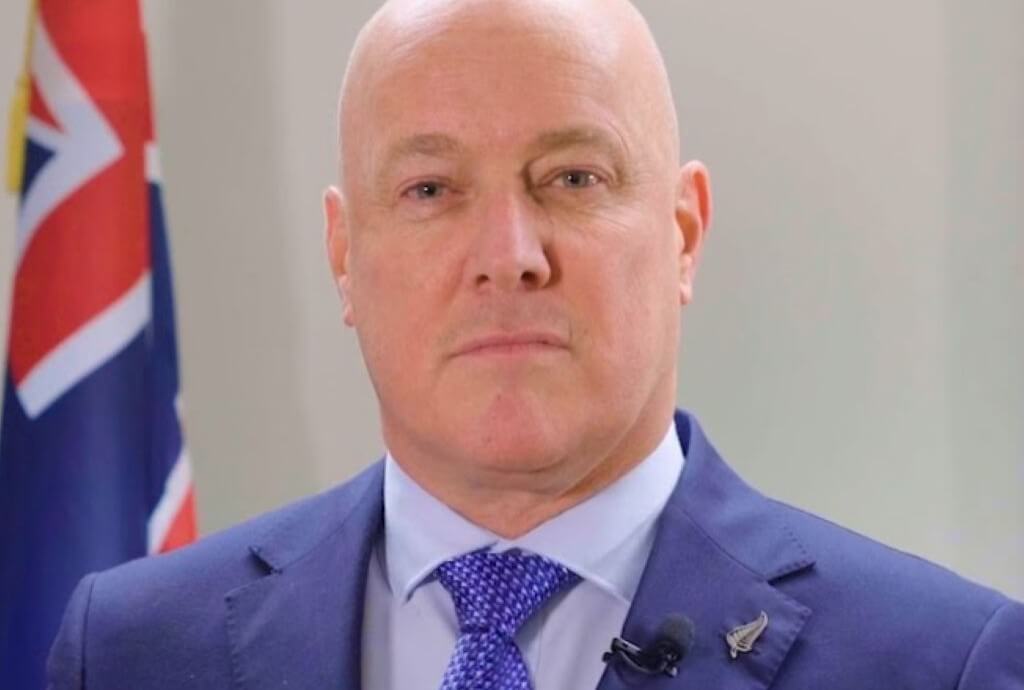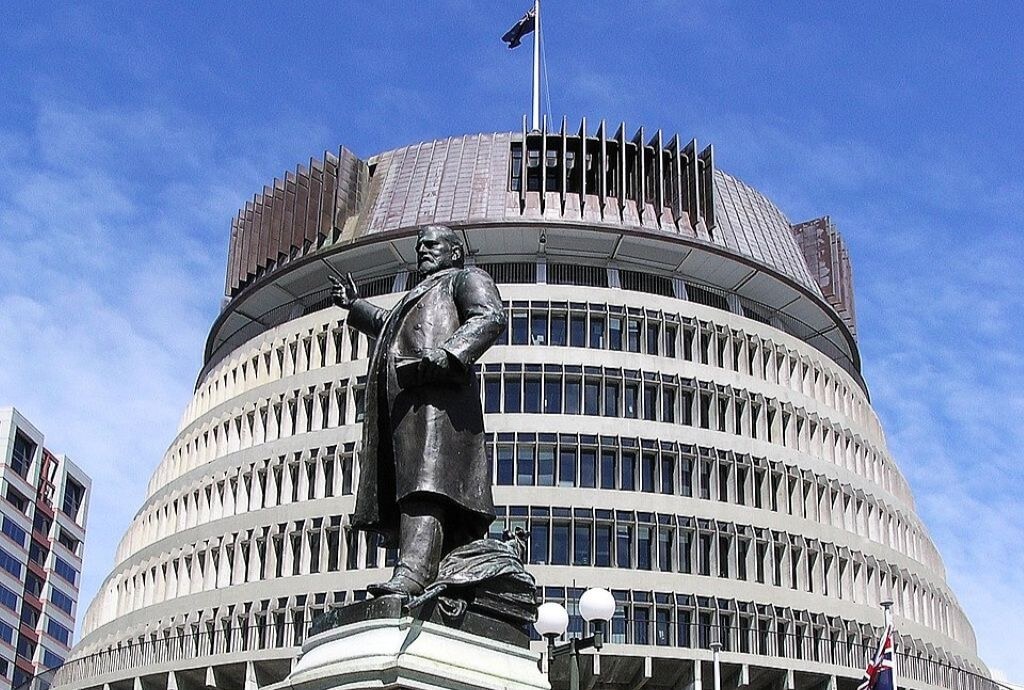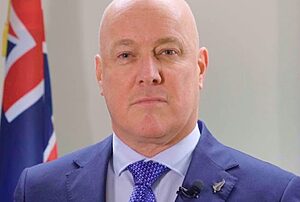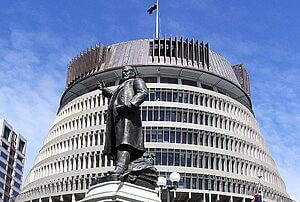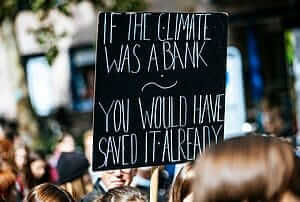Summarised by Centrist
Poor sleep doesn’t just make you tired, it pushes your brain and body toward weight gain, insulin resistance, and junk food addiction, says neurologist Joanna Fong-Isariyawongse.
Even one night of short sleep disrupts your hunger hormones: ghrelin (which makes you feel hungry) goes up, while leptin (which signals fullness) drops. At the same time, your brain’s decision-making centre slows down, while its reward circuits light up in response to high-calorie foods. In other words, your brain becomes worse at saying no and more tempted by fat and sugar.
Lab studies show people sleep-deprived for just one night crave junk food more, rate it as more desirable, and are more likely to eat it, even if they aren’t particularly hungry. As Fong-Isariyawongse puts it, “This isn’t just about willpower. Your brain, short on rest, is nudging you toward quick, high-calorie fixes.”
Sleep loss also lowers insulin sensitivity by up to 25%, increasing your body’s tendency to store fat and raising your risk of Type 2 diabetes. It elevates cortisol, the stress hormone linked to abdominal fat storage, and disrupts your body’s natural metabolic rhythm.
But there’s good news: “Just a few nights of consistent, high-quality sleep can start to rebalance appetite signals, improve self-control, and stabilise metabolism,” she writes.
If you’re reaching for snacks after a rough night, it’s responding to fatigue. The fix isn’t another coffee or crash diet. It’s sleep.


